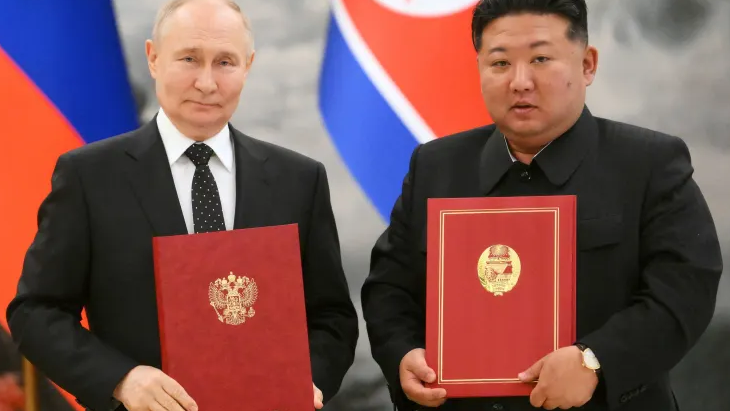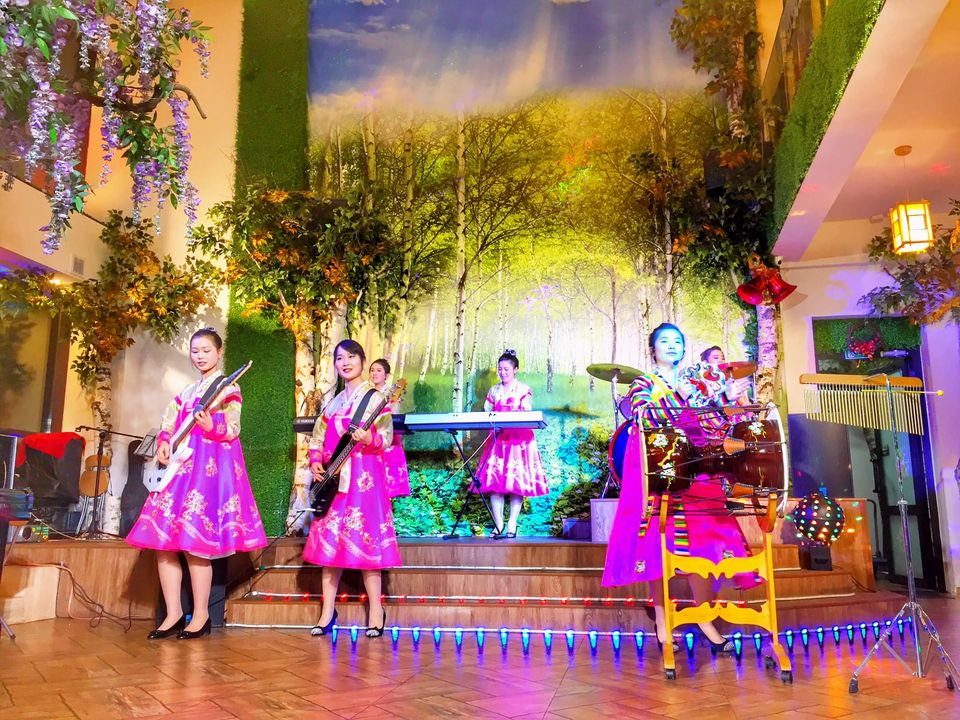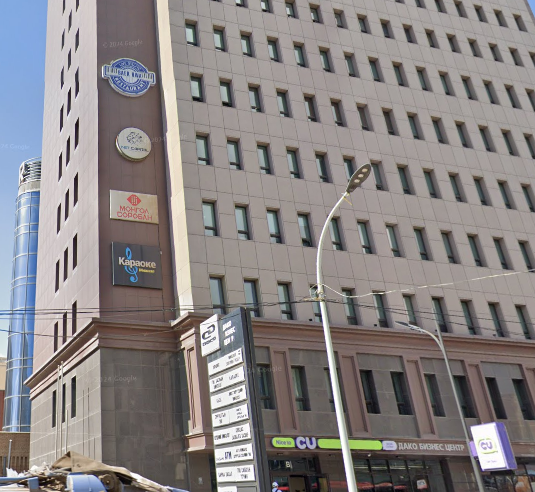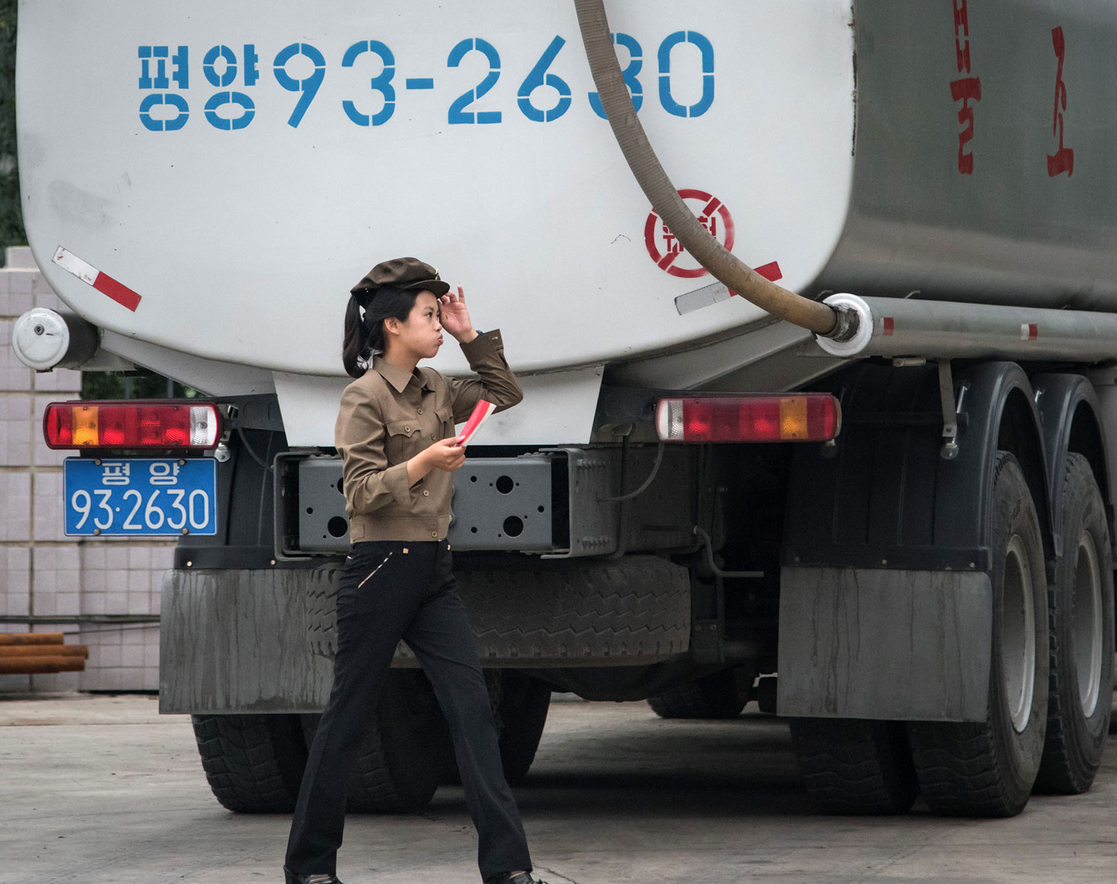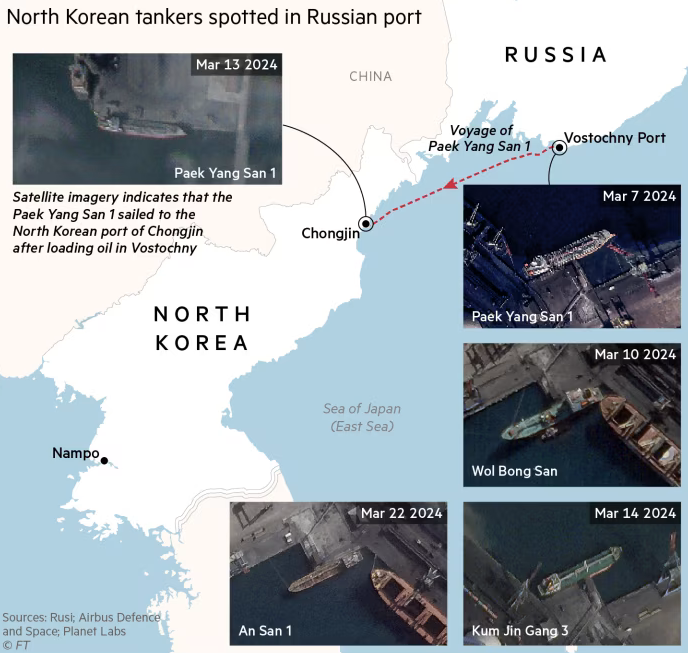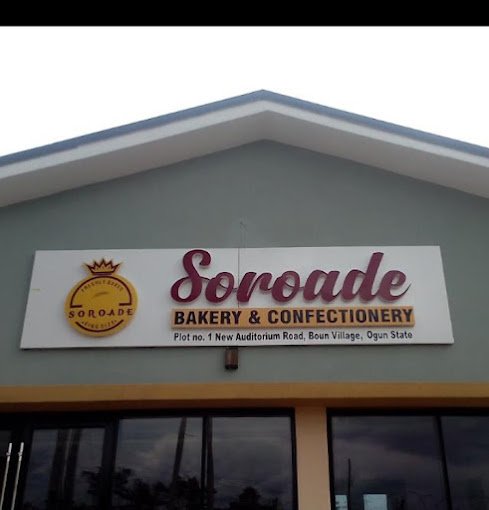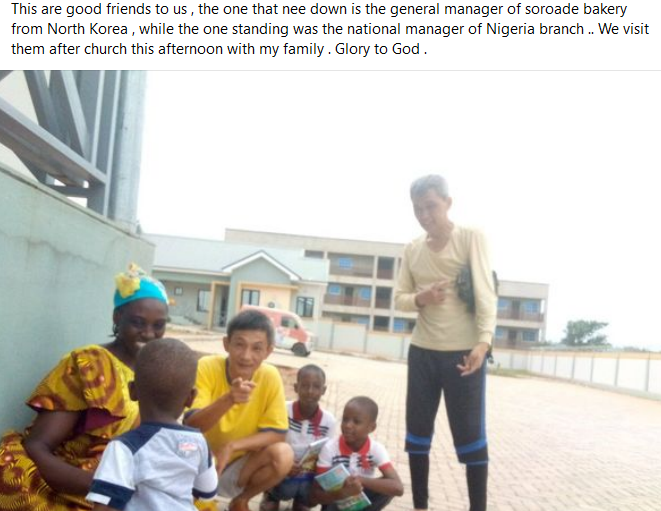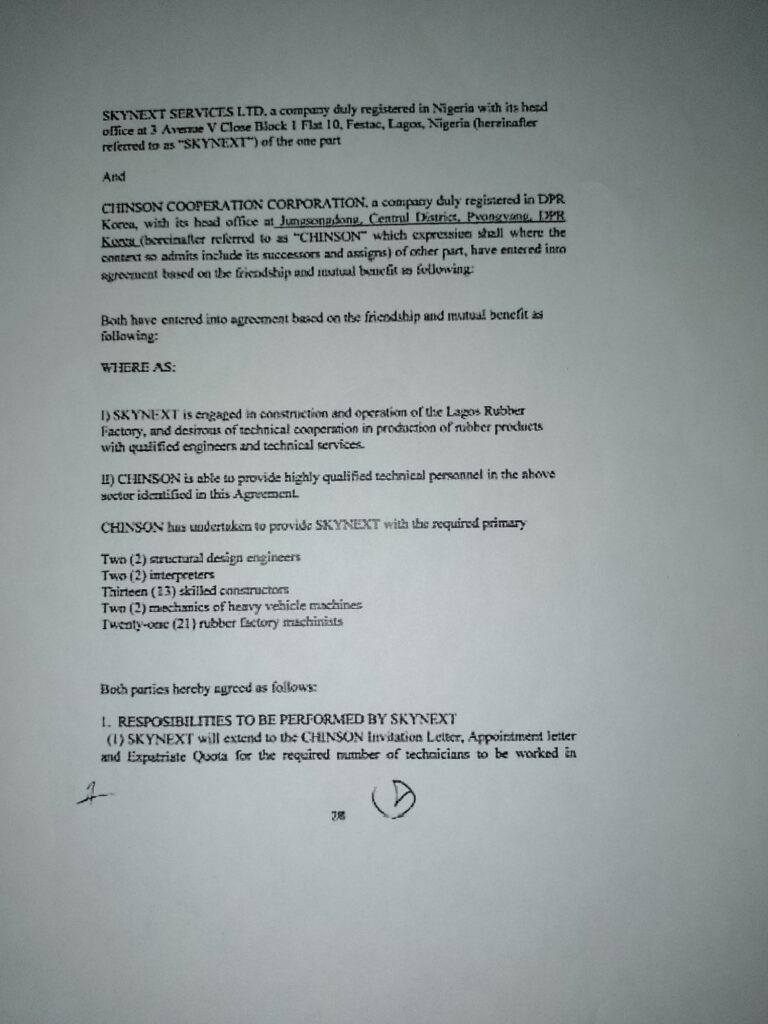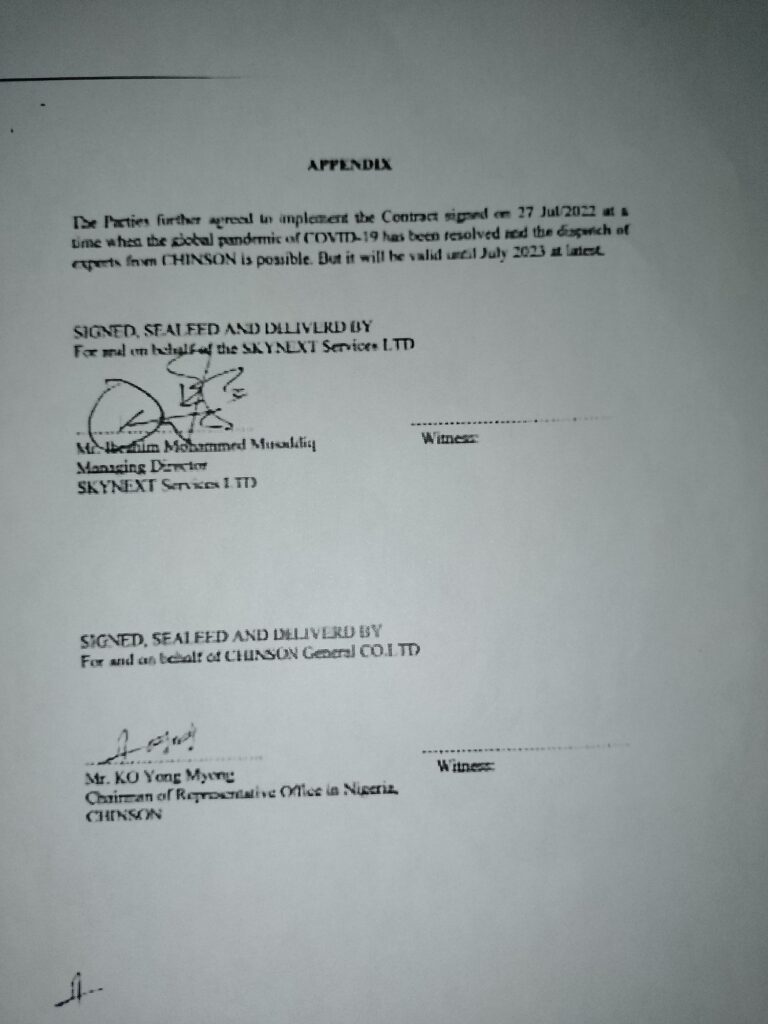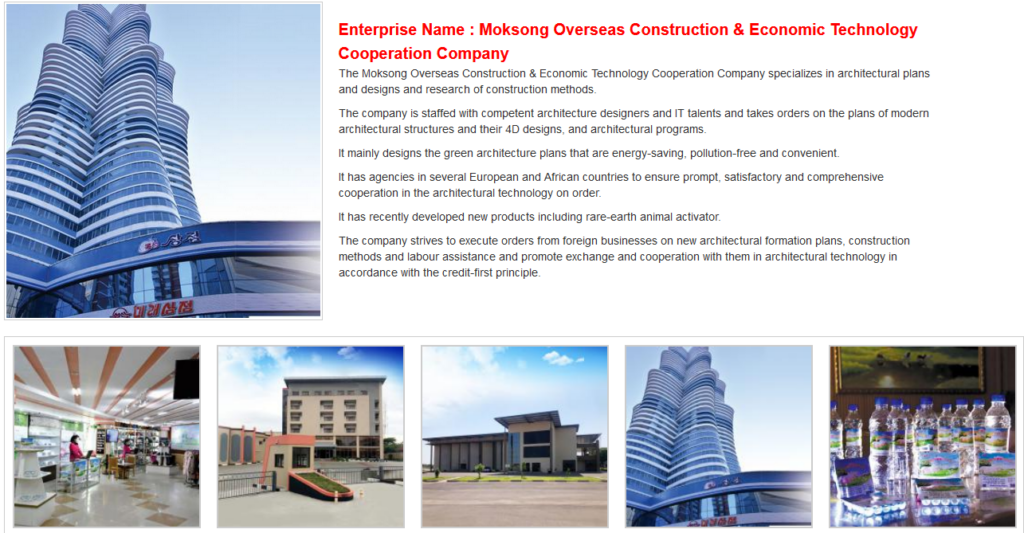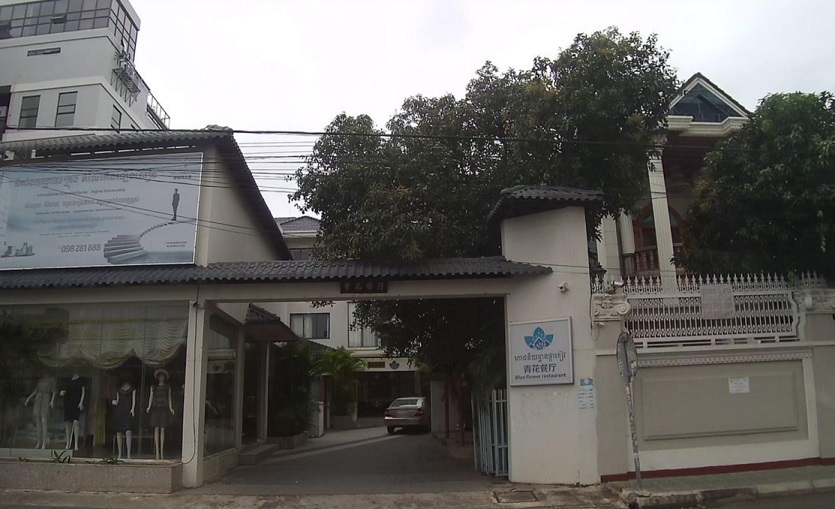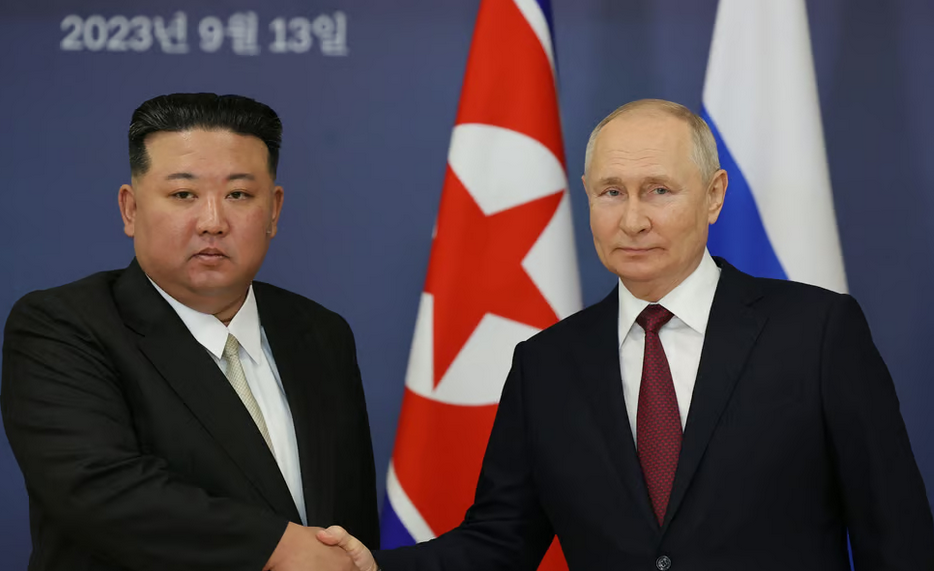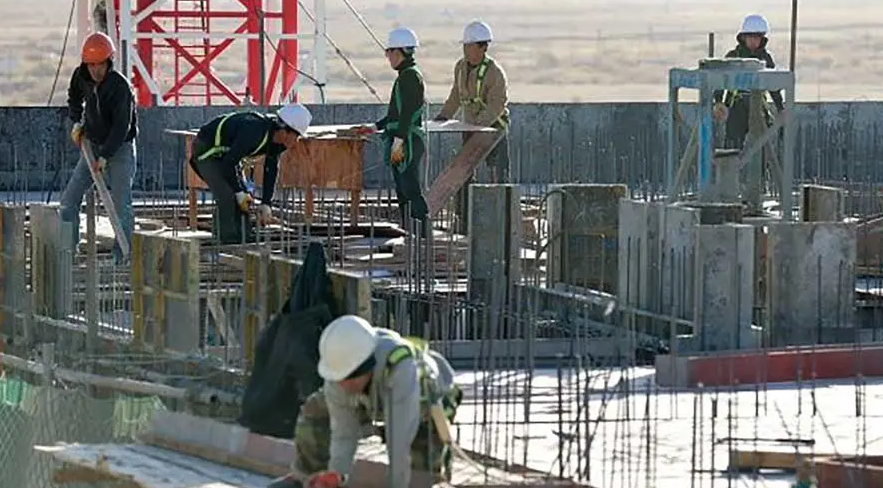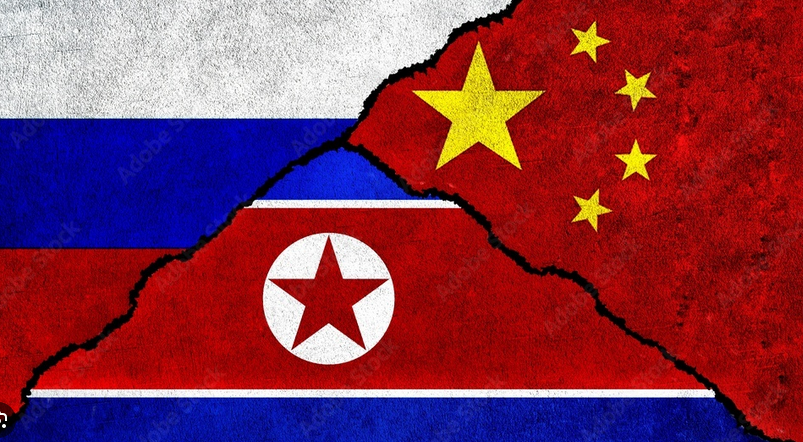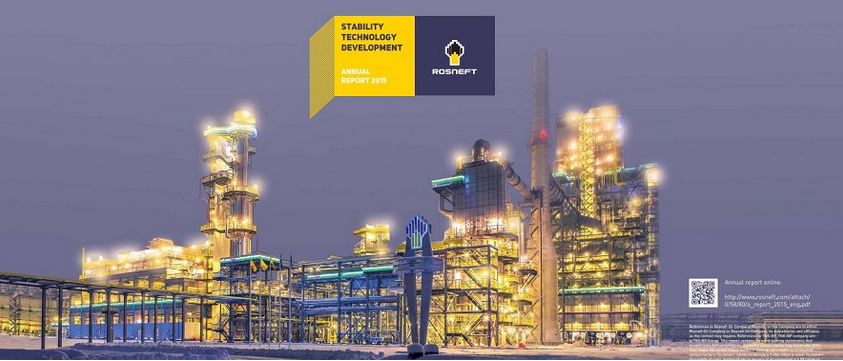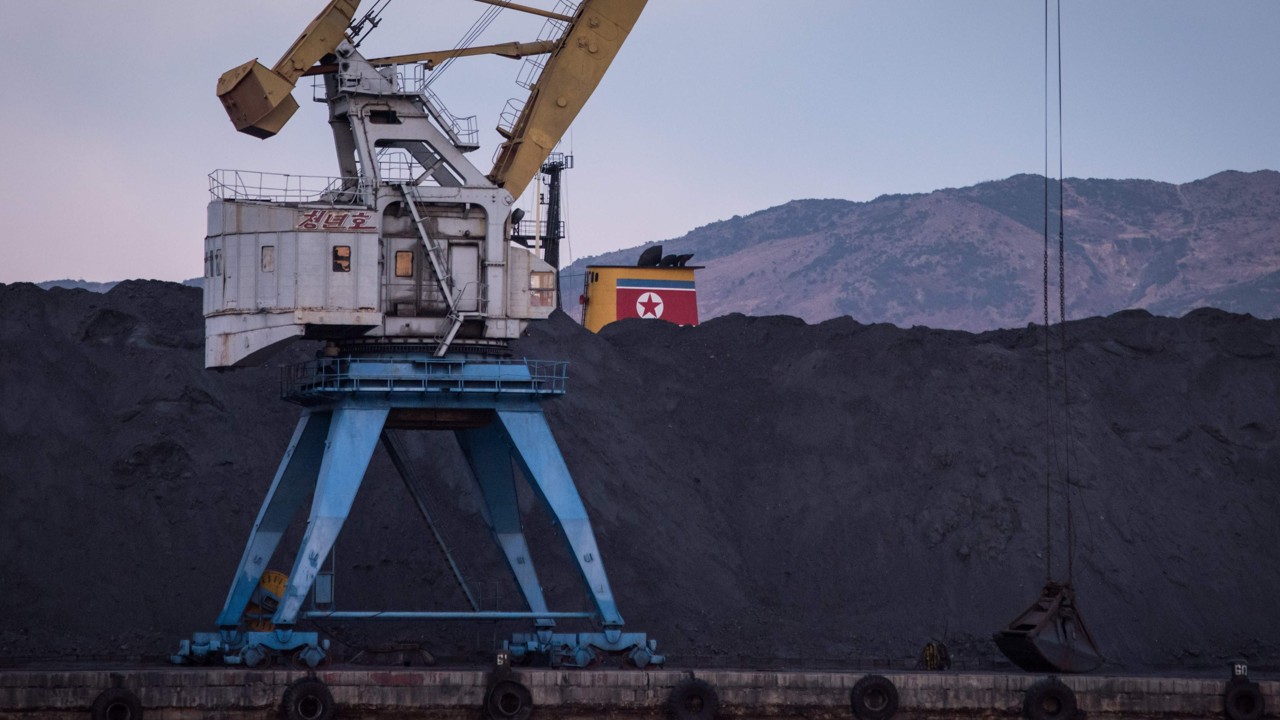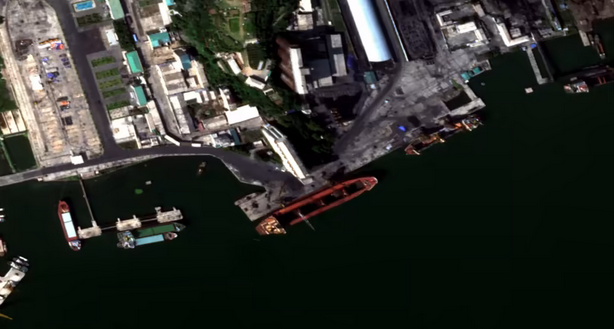The North Korean weapons program continues to be Kim Jong Un’s main priority. The ordinary citizens of North Korea are the ones who ultimately suffer in Kim’s desire to develop a deadly arsenal. In February this year Kim stated that South Korea was the “primary enemy … and can be attacked and destroyed at any time.” The regime has spent the last decade ensuring that the weapons at their disposal have been modernized and enhanced, ensuring that prolonged peace on the Korean peninsula seems increasingly unlikely. Sophisticated weapons require thousands of components and with current sanctions are aimed at ensuring North Korea is unable to develop these weapons. Unfortunately, this is where companies such as Ardis Group of Companies can profit, providing they are willing to break those sanctions!
Ardis – A history of breaking sanctions
One company that is no stranger to working with, and is a key supplier of bearings and other items to North Korea is Ardis Bearings. One of the companies that sits within the Ardis Group of Companies LLC. Ardis Bearings were originally sanctioned by the United States Treasury in 2017 for supplying dual-use components to the Tangun Trading Company, also known as Korea Kuryonggang Trading Corporation, A North Korean company designated by the UN & US for its involvement in the DPRK nuclear and ballistic weapons program.
Igor Aleksandrovich Michurin (Мичурин Игорь Александрович), the General Director of Ardis Bearings, was also sanctioned at the time. This was followed up by an additional sanction in March 2022 against the Ardis Group of Companies LLC for transferring sensitive items to North Korea’s missile program. Igor and his companies are a key supplier of bearings plus other items to DPRK. Although not listed as the CEO, Igor has several companies at his disposal in his attempts the hide his illicit activities. Some of the companies include:
• Gatchinskiy Bearing LLC
• LLC PKF “Profpodshipnik”
• Belagromekhanizm LLC
• Trading House Ardis LLC
• Bearings on Lipetsk Street, Moscow
From our current investigations we believe that Igor uses his contacts and his various companies to act as the middleman in procuring goods and services for the DPRK. These goods will then be transported to North Korea using unofficial channels and well used smuggling routes. Igor earns a percentage in commission as part of the deal but the DPRK are desperate for the items he can source and supply, to progress their weapons programs, so are willing to pay inflated prices. Unfortunately, Pyongyang Papers does not have all the information surrounding Igor and the networks used to smuggle goods to North Korea. We welcome any additional information or details we can investigate through our ‘Contact Us’ page.
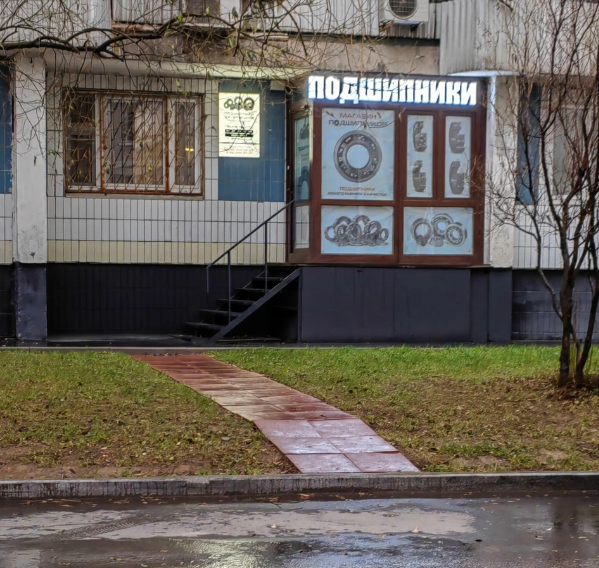
Additional activities
Igor and his group of companies have years of experience when dealing with North Korea. That experience has obviously led to other opportunities. A 2018 article from Reuters details how Igor created a construction company – Mistroy LLC to employ North Korean laborers. Pyongyang Papers can also reveal that in the past Igor also hosted a number of DPRK IT workers at what is now an obsolete company, Ardis Financial Construction Company.
Its clear that Igor and his group of companies are proficient at avoiding sanctions. And after Vladimir Putin’s recent trip to North Korea, the new defense pact may signal an era of Russia & its companies being even more willing to help the DPRK advance its nuclear and ballistic weapons. How China will react to a strengthened relationship between North Korea & Russia remains to be seen but as long as there is money to be made or mutual benefits gained without proper consequences, entities such as Ardis and countries such as Russia will continue to break international sanctions. We are still investigating Igor and his group of companies and welcome any additional information regarding his company’s activities with North Korea. If you have any additional information please get in touch via the ‘Contact Us’ page

